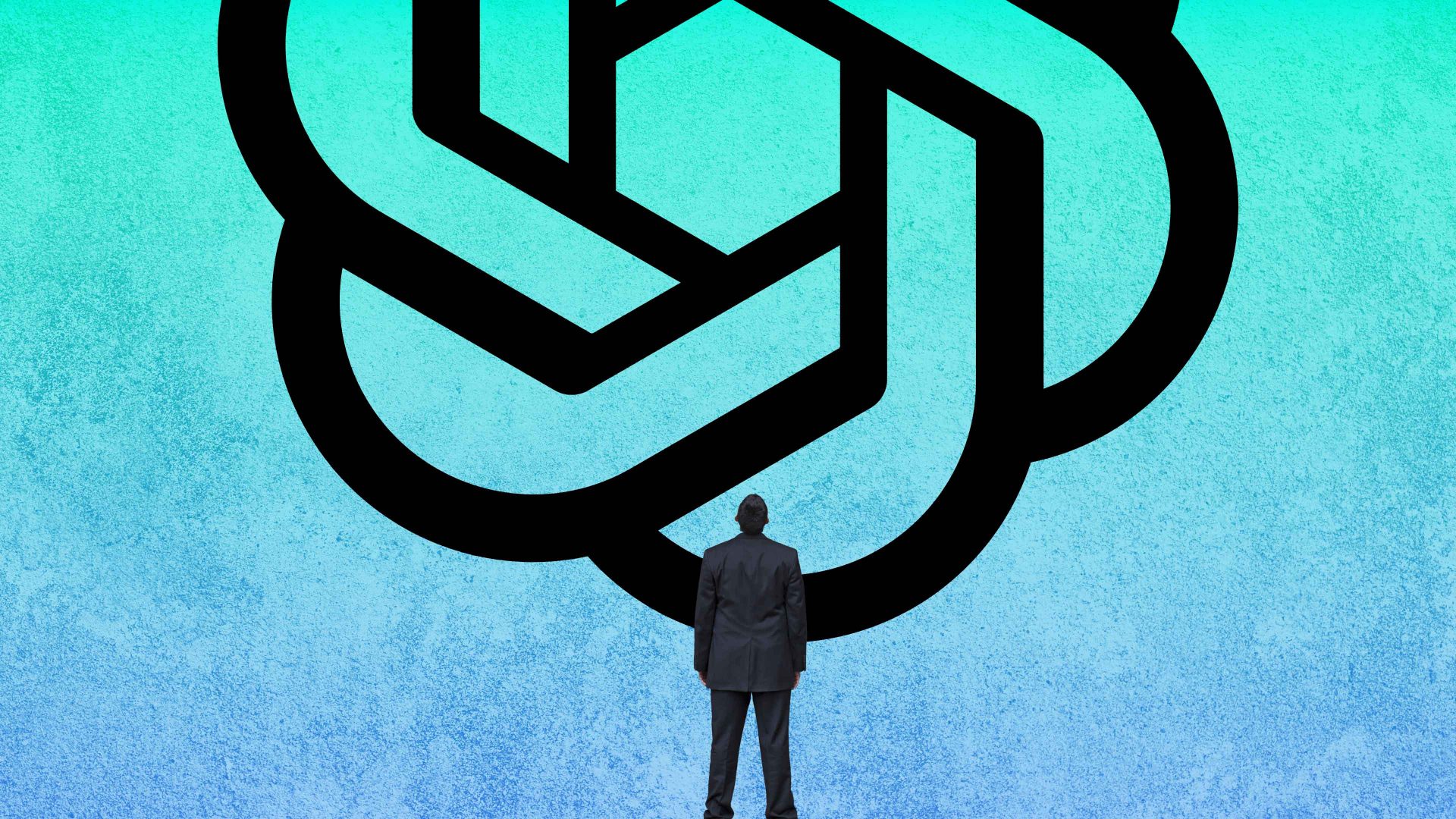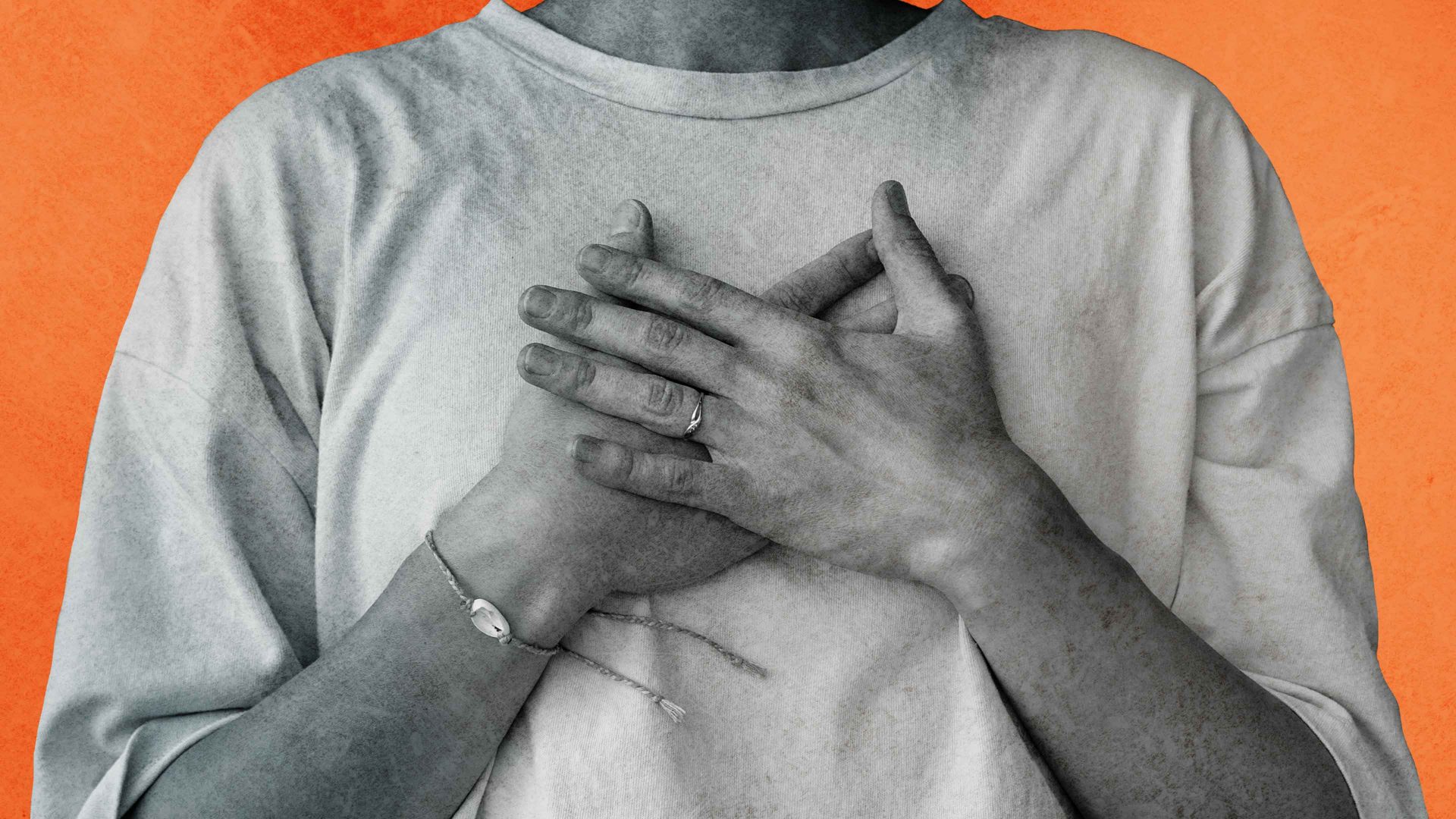I was in Oxford the other week with time to kill, so I went to see Prophetic Dreaming, the first ever retrospective exhibition of Suzanne Treister’s work. I have to be honest here and say that I’d not heard of her before; mostly, I didn’t have a lot to do and the weather outside was revolting.
I ended up really enjoying it. Treister is one of those people who spent much of the past four decades or so at the intersection of art and technology; prediction and imagination. Her practice feels, at times, a bit corny and hippyish, but that’s part of the fun. Through symbols for organisations that never existed and screengrabs from video games she made up, the artist went through life focusing on all the possible futures that computers were going to give us.
The pieces are often trippy and oddly compelling, but in the end they just made me a bit sad. It took me a moment to clock why I was reacting in such an unexpected way. “Forlorn” isn’t really how you’re meant to feel when leaving an art show you thought was swell.
Eventually, it hit me: I enjoyed what I’d seen but knew, on quite a fundamental level, that Treister had access to something that was now gone. Her work came out of this lack of knowledge about where we were headed, coupled with the excitement that came from having at least some faith in what technology would do next.
I remember that state of being. Mostly, it reminds me of a dinner I had with my dad, when I was around 10 or 11. We were talking about mobile phones which had coloured screens and which would, apparently, allegedly, soon be getting cameras on them. Cameras on phones! Wasn’t that just cool and absurd and insane?
We agreed, that evening, that the world was moving so fast that we had no idea just where we’d end up 20 years later. There was no point in even trying to guess.
Two decades have now passed and I suppose we called it right. There is so much in our lives today which we couldn’t have seen coming. Some of it is brilliant; a lot of it is useless. The internet never needed to be in fridges, and its use on doorbells remains, in my opinion, quite unclear.
There is one crucial difference between then and now, though – between Suzanne Treister’s world of the 1980’s when she was my age, and the world I live in now, at 33 – and it is that both mystery and optimism have vanished. Well, mostly the second, but the pair work in tandem.
Suggested Reading


Virtual friends don’t belong in the real world
For a long time, I believed that tech would make the world a better place, then I started wondering if perhaps it would merely be a different place instead, and now I feel quite certain that things are both getting worse, and are guaranteed to keep getting bleaker and darker with time.
I look at the way millions and millions of people use generative AI and it makes my brain want to shrivel and hide, because that’s exactly what they’re doing with theirs. Why have friends when you have artificial intelligence? Why study? Why work? Why read? Why watch movies? Why interact with the world? GenAI can do all of that for you.
Instead, you can stay on your couch, motionless, and blast short-form video content straight into your eyeballs. Yes, naturally, that is generated by artificial intelligence too.
Crucially, it doesn’t feel like things are going to get any better anytime soon. Already, Meta has launched some stupid glasses which will ensure that wearers can put even more distance between them and the rest of the world. Soon, wearable tech will keep adding layers between people, steadily replacing any chance of human interaction with an AI prompt.
To say that I hate it would be quite the undersell, but mostly I find it all incredibly charmless. I hate it, but that’s beside the point. To me, the worst crime of all is that I can’t even be bothered thinking about it.
For a long time, artists looked at technology and produced work that addressed both their hopes and their concerns. This sense of the unknown lying there, just across the horizon, was a boon for creativity, even if some were looking forward to the future and others feared it.
I just find our future pre-emptively tedious. I can also tell that much of it will happen whether we want to or not, and this lack of agency kills any remnants of enthusiasm I may have had. The future of Treister’s work and of my childhood was swollen with promise, even though we couldn’t tell, by definition, what would come next.
Today’s future feels merely bland and predictable, just like the sycophantic yet malevolent generative AI which has taken over the world. Will anyone make great art about ChatGPT?
I’m happy to try to be optimistic, for old time’s sake, but my heart isn’t really in it.



